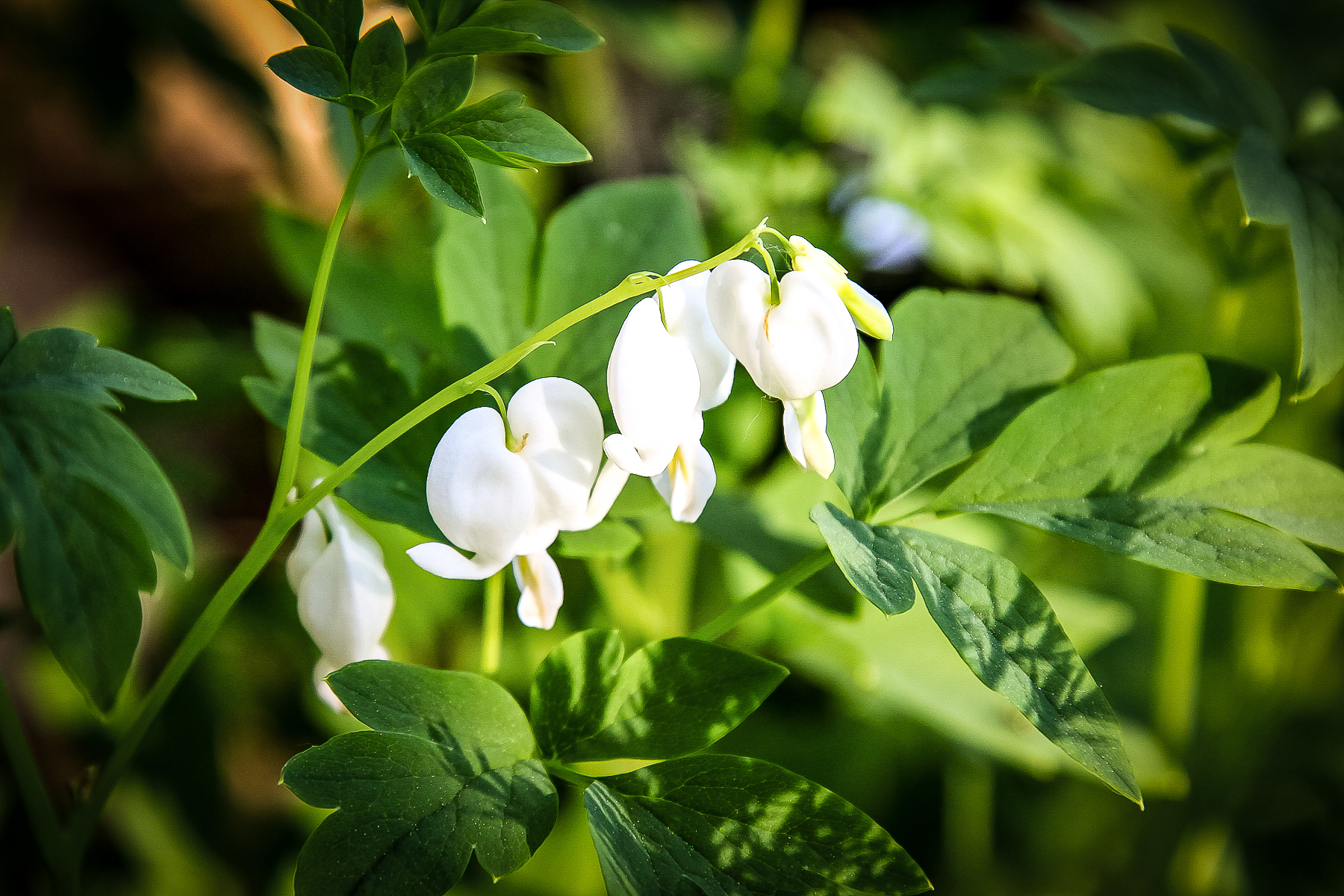Our magazine’s founder-director ended the meeting with words of encouragement and challenge. “I hope this will help us to write with freer hearts,” she said. As soon as I had received the news of “Grace” being the theme of the publication’s next edition, verses of hymns and spiritual songs about grace started cycling through my mind. For days I relived a few decades of church experience, from the humble indigenous churches of my childhood, through the Charismatic renewal of my late teens and young adulthood, and eventually to the Neo-Reformed movement and several variations in between these three: So many metaphors, lessons, and expressions of gratitude for grace.
‘Twas grace that taught my heart to fear,
And grace my fears relieved.
How precious did that grace appear
The hour I first believed. [1]
Replaying the recording of our fellowship meeting, I also noted the director’s characteristic terms of endearment, “sweet peeps,” for the group of fellow writers and artists at various stages of developing our craft—makers and believers in humanity’s one Hope. I could not help but make the connection to terms used by John, the elder and apostle of the New Testament churches, from my current study of his epistles—“my little children,” he constantly addresses them, young and old. As death by age or martyrdom had reduced the original eye-witnesses to Jesus’ literal presence and work on the earth, John’s goal was urgent: To capture on the written page for posterity, the purity, mystery, and wonder of grace; the Word of Life made flesh.
Marvelous grace of our loving Lord
Grace that exceeds our sin and our guilt!
Yonder on Calvary’s hill out-poured,
There where the blood of the Lamb was spilt [2]
The intimacy of John’s relationship with Jesus justified his monikers—the beloved disciple and, the one who rested his head on Jesus’ chest. He had tasted of the love of salvation’s grace, and it compelled him to invite everyone to come and drink deeply also.
So, John wrote:
We saw it, we heard it, and now we’re telling you
So you may experience it along with us,
This experience of communion with the Father and His Son, Jesus Christ.
Our motive for writing is simply this: We want you to enjoy this too.
Your joy will double our joy! (1 John 1: 3-4 MSG)
Marvelous, infinite, matchless grace,
Freely bestowed on all who believe!
You that are longing to see His face,
Will you this moment His grace receive? [3]
John’s zeal and clear motive for writing left me wondering about my own freedom as a writer. Was I really capturing and broadcasting my experience of God’s loving grace? Why do I write? The question seemed fresh, confronting me in a way I had never asked of myself. Others had posed it in terms of a question about the type of writing that I do.
My stated choice of genre, “creative nonfiction essays,” usually puzzles others. If traditionally literary, the questioner might move to correct it, “. . .fiction.” The sub-creator in me inwardly screams a vehement, “No! All I am after is a creative presentation of biblical truth that is winsome yet also serious…” I was convinced that such truth, often hard to swallow, is the medicine for all that ails us. Too blithely offered, or too somberly, it lands powerless, with few takers. Who will deliver me from this fate of creating a literary body of work that is dead on arrival?
Sin and despair, like the sea waves cold,
Threaten the soul with infinite loss;
Grace that is greater, yes, grace untold,
Points to the refuge, the mighty cross. [4]
Through C. S. Lewis’ work, God threw me a life-line. I latched on to his description of the writer’s pursuit in his essay, “On Stories.” Portraying the difficulty of the art of story, Lewis describes the challenge of weaving a suitable net whereby to catch something beyond the events of the plot themselves. Without downplaying the vast role that the style of dialogue plays in creating both the characters themselves as well as the whole atmosphere of their world, my attention was gripped by his reference to that something beyond. [5]
Dark is the stain that we cannot hide.
What can avail to wash it away?
Look! There is flowing a crimson tide,
Whiter than snow you may be today. [6]
Lewis believed that John Bunyan’s The Pilgrim’s Progress was a fine, if not perfect example, of story (the genre) that effectively nets the experience of grace along the great road of the Christian journey. He attributes this achievement to its “enthralling narrative” influenced by the literary exposure in Bunyan’s childhood to folk tales and certain popular chivalric romances, and to the elements of his mastery of dialogue. As for the thing that Bunyan’s net captured, Lewis attributes that to the author’s “present and lifelong pre-occupation with the spiritual life.” [7] Not that the book earned favour at the time of its writing. Bunyan’s ministry was often clandestine, and written in the confines of prison, yet this very confinement may have aided his inspiration.
Sin and despair, like the sea waves cold
Threaten the soul with infinite loss;
Grace that is greater, yes grace untold,
Points to the refuge, the mighty cross. [8]
While in prison Bunyan was often busy writing the very books and sermons that got him there in the first place. As he was writing something else, metaphors from the plumage of grace alighted on his shoulder, seized his attention and he, being alert, captured what was to become the enduring portrait of grace’s many manifestations on the Christian journey. Lewis labels this unearned gift as true inspiration and refers to the preparation or training of a writer’s soul to be thus favored, as “being on the boil”. Submitting to the spiritual disciplines, Bunyan in the position of a sub-creator received experiences of revelation or inspiration that spill out onto the pages, first of his life, then via his artistic medium.
The hand of the great writer suddenly seemed extended towards me through Lewis’ explanation, inviting me to the road Bunyan had trod. Dare I follow?
What writer does not wish to write lines ignited by heaven’s flames? But the preparation of the transforming fire… I had barely engaged the fearsome thought when, like a thunderclap, grace’s message jolted my senses, “What has brought you safe thus far, faithless one? Is Grace not able to lead you all the way? Nothing is required that is not first supplied!” Suddenly propelled toward the long-desired horizon, I embraced surrender under the loving rebuke and knew it was well.
And it would be well, as daily by the river of Grace, like a kingfisher or a dragonfly on the wing, I open wide for heavenly food. As each day rises and scatters the dark, the simmering fuel of my soul’s reflection just might catch fire, kindled by that heavenly ray. From here flows the ideas I may catch, if I am attentive, ones that may become publications or works of art which millions (or few) may attest as great, whether they know why or not. This vision of future grace, is what keeps us painting, tapping on keys or opening and closing camera shutters, while we remain “on the boil,” being refined, seeking that the thing we net will be the thing. Like Bunyan, we look to when the work of our hands becomes consumed by God’s, and His portraits, multiplying like sparks flying out of a fire, dispense life: His life, His work, all of Grace.
![]()
[1] From John Newton, “Amazing Grace,” c. 1792.
[2] Julia H. Johnstone, lyrics; Daniel B. Towner, music, “Grace Greater than Our Sin,” 1910.
[3] Johnstone, “Grace Greater than Our Sin.”
[4] Johnstone.
[5] C.S. Lewis, “On Stories,” in Of Other Worlds (New York: Harper Collins, 1966), 27-29.
[6] Johnstone.
[7] C. S. Lewis, “The Vision of John Bunyan,” in Selected Literary Essays (Cambridge, UK: Cambridge University Press, 1961; New York: Harper Collins, e-book), ch. 10.
[8] Johnstone.
The featured image, “Alba Bleeding Heart,” is courtesy of Lancia E. Smith and is used with her glad permission for Cultivating.
I am Denise Stair Armstrong; born and raised Jamaican. I received all my formal academic education in the land of my birth at Shortwood Teachers’ College and the University of the West Indies, specializing in English Language & Literatures in English. The remainder I’ve gained home educating our three wonderful children – Joseph, Charis and Timothy, parenting them with my husband Claude, and in caring for my wheel-chair bound mother. I enjoy reading, cooking, gardening, theatre and ballroom dancing with Claude (only!) and digging into the Word of God.
My passion is worship expressed primarily through writing inspirational pieces that urge readers not to miss how much the Lord has “cramm’d earth with heaven”. My heart is to encourage them to traverse the gap between all our hearts and the cultures that shape them, via the Bridge that is Calvary’s cross.
Leave a Reply
A Field Guide to Cultivating ~ Essentials to Cultivating a Whole Life, Rooted in Christ, and Flourishing in Fellowship
Enjoy our gift to you as our Welcome to Cultivating! Discover the purpose of The Cultivating Project, and how you might find a "What, you too?" experience here with this fellowship of makers!


Add a comment
0 Comments